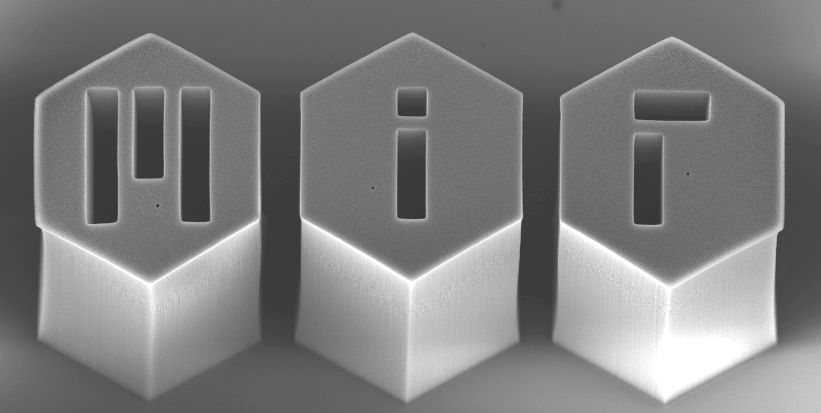John Hart, Ryan Oliver, and other members of the Mechanosynthesis Group were recognized in Scitation and physicstoday for their Robofurnace publication.
“Researchers working to develop nanomaterials with novel properties often rely on educated guesses and one-off experiments to gradually improve, but not always optimize, the fabrication process. Consider thin films made with chemical vapor deposition (CVD): A sample substrate is placed in a tube in which the pressure is adjusted and suitable gases are introduced; the tube is inserted into a furnace for heating and cooling, then the sample is removed and analyzed, and the next experiment is set up. In a typical workday, 2–4 experiments can be done. John Hart of MIT and his group have created Robofurnace, shown here, which can execute up to 16 CVD experiments in 24 hours. Built mostly using off-the-shelf components, the robotic system incorporates a magazine that can hold up to 10 sample substrates, a transfer arm that loads each sample into the furnace tube, several different gas lines, pressure- and humidity-control systems, and a furnace (the box on the right) that slides along the tube. Each sample can be processed using a different “recipe.” Rapid heating to a given temperature of up to 1100 °C, and subsequent rapid cooling, can be accomplished by precisely positioning the furnace around the sample, then sliding the furnace away. In an early demonstration of Robofurnace’s capabilities, the researchers used a sequence of experiments to find a new recipe to grow carbon-nanotube forests—films of vertically aligned CNTs used in myriad commercial applications—that are an order of magnitude more dense than they had grown in a static tube furnace.”
